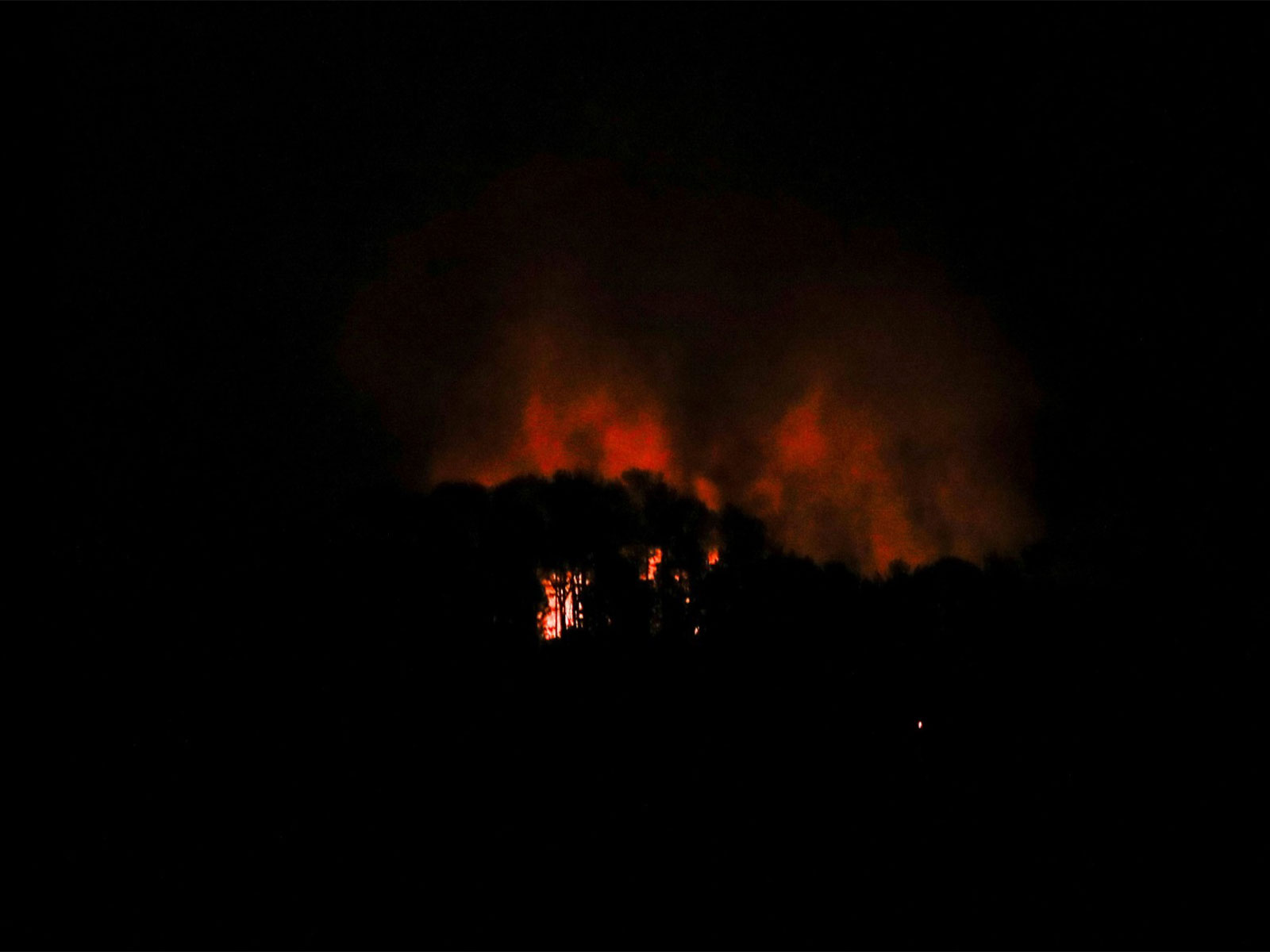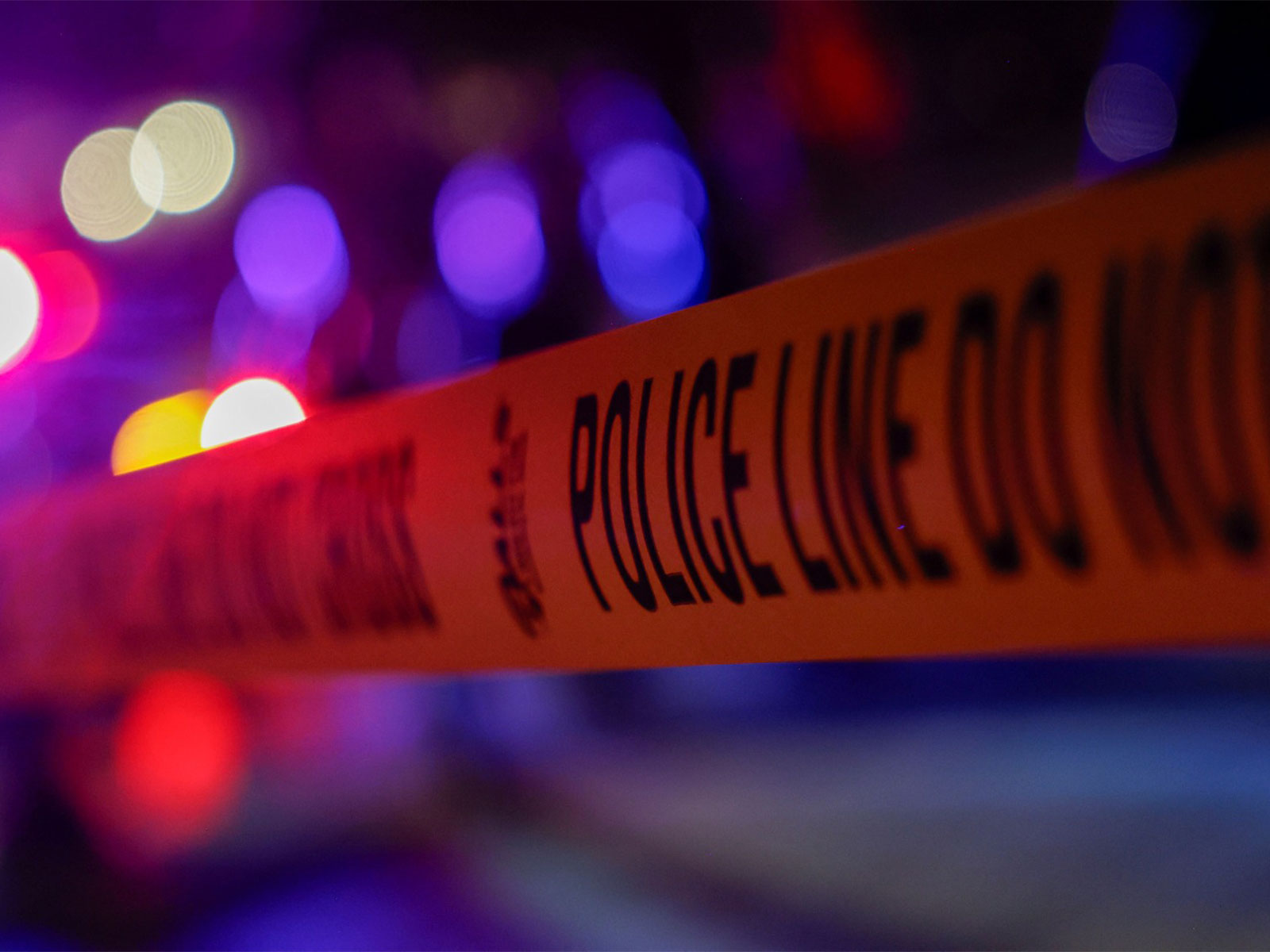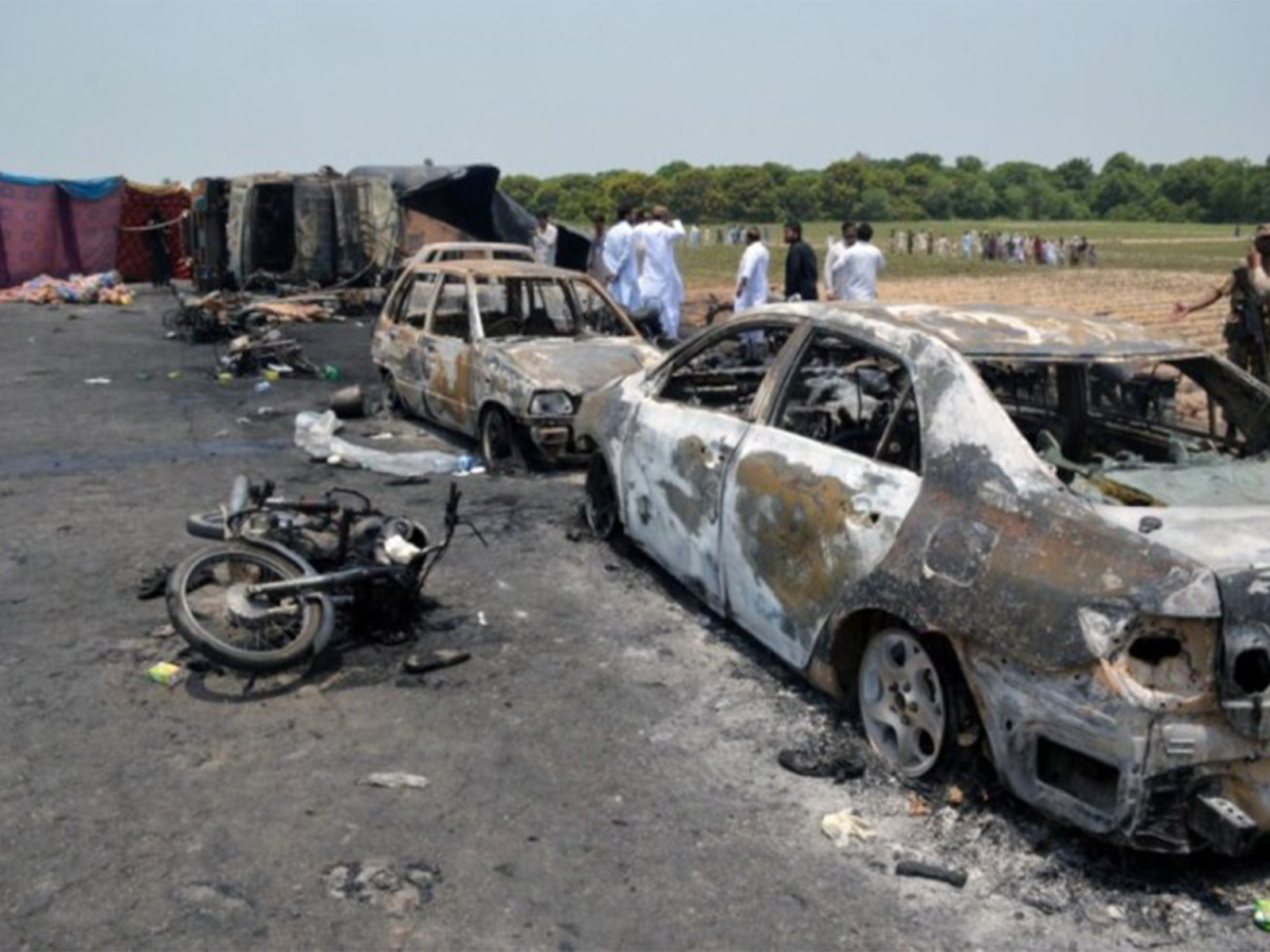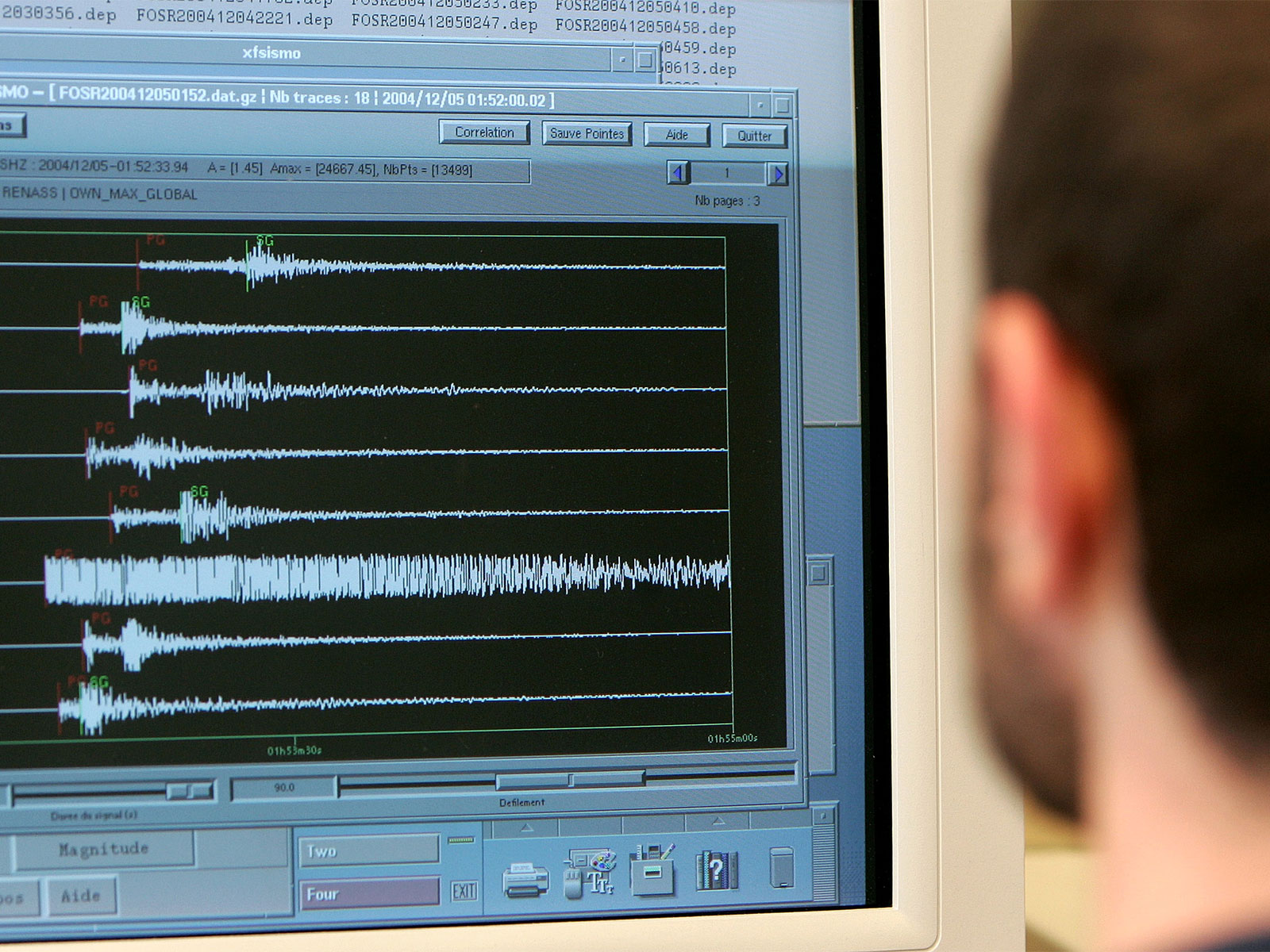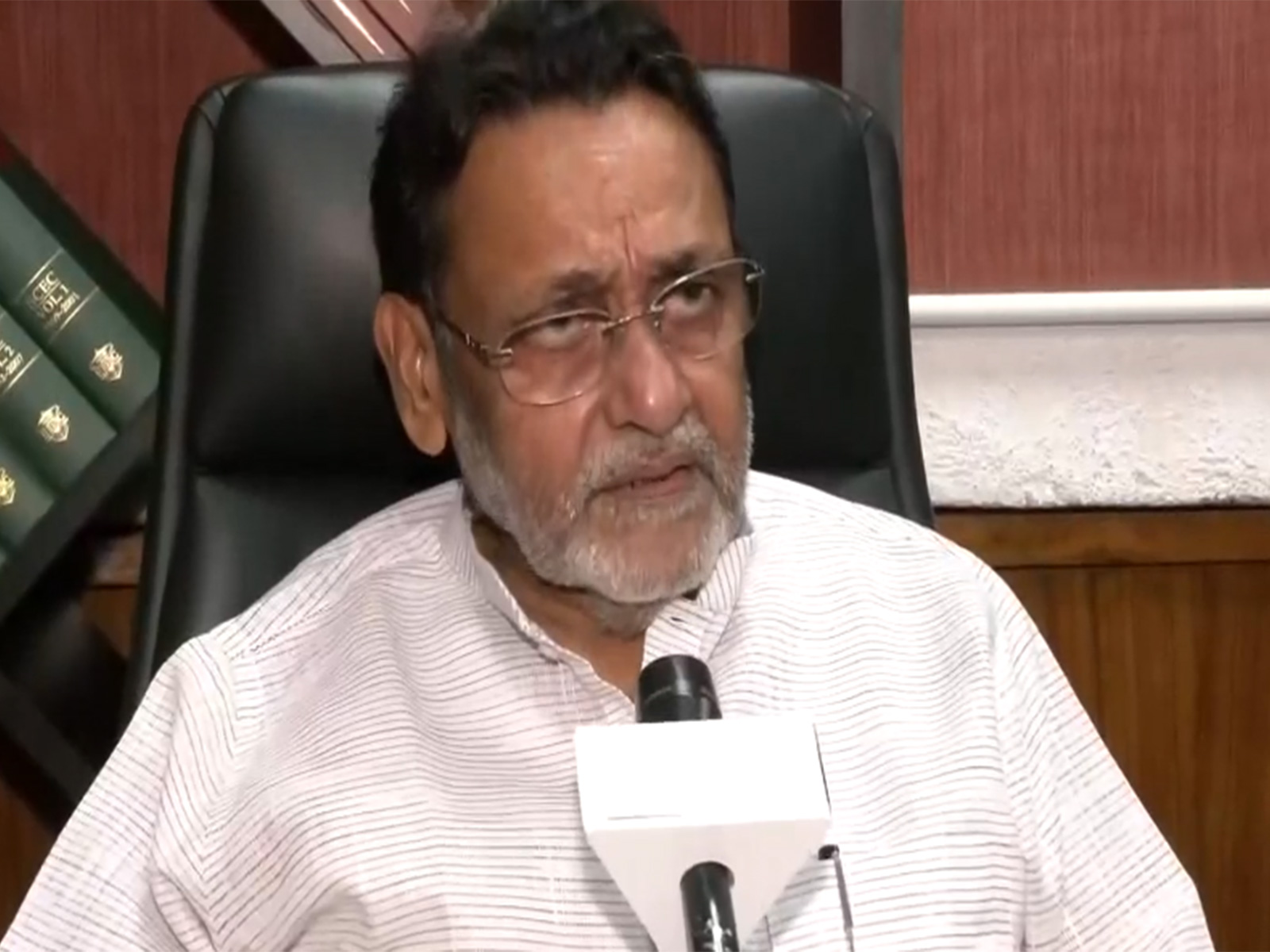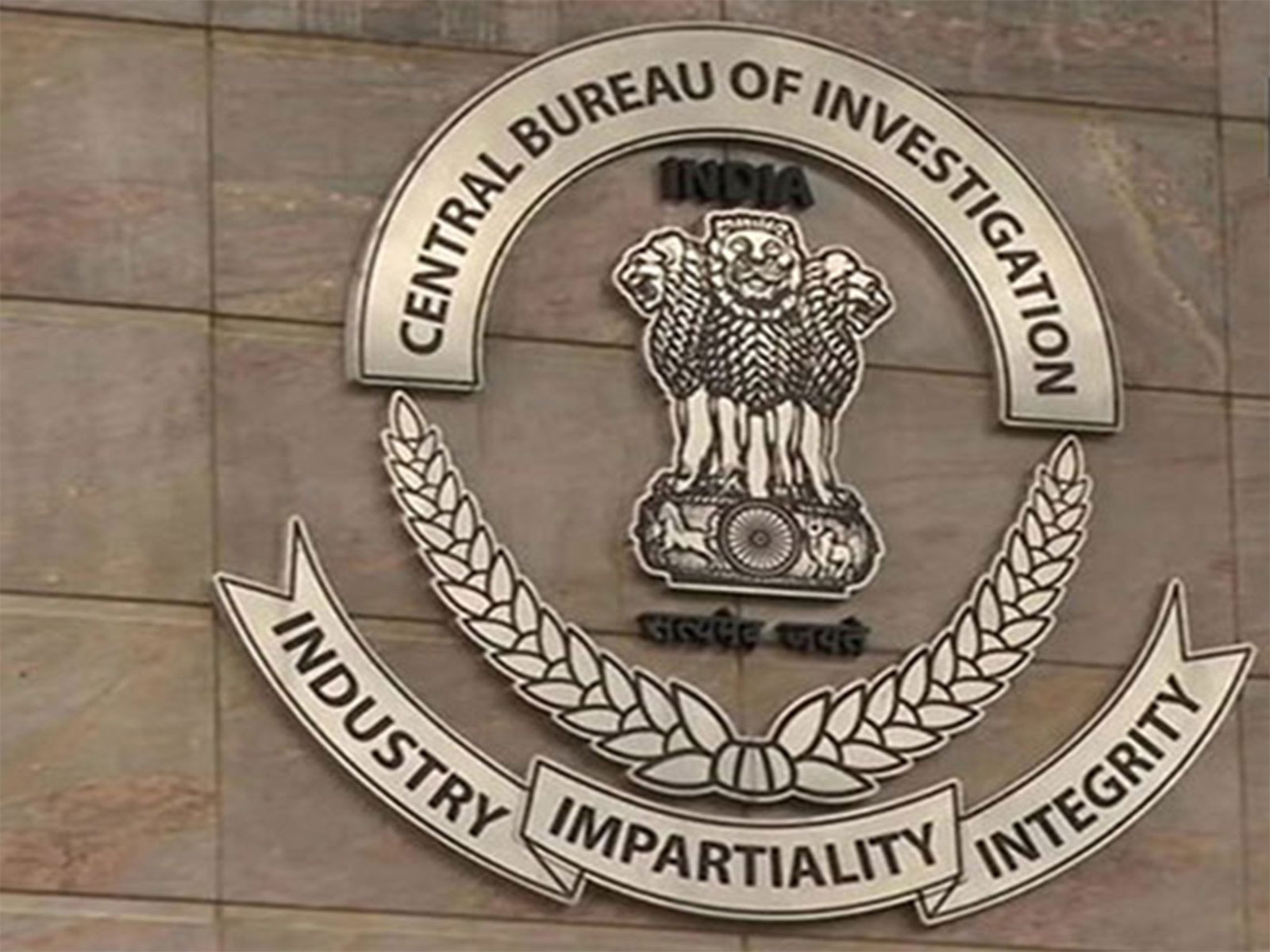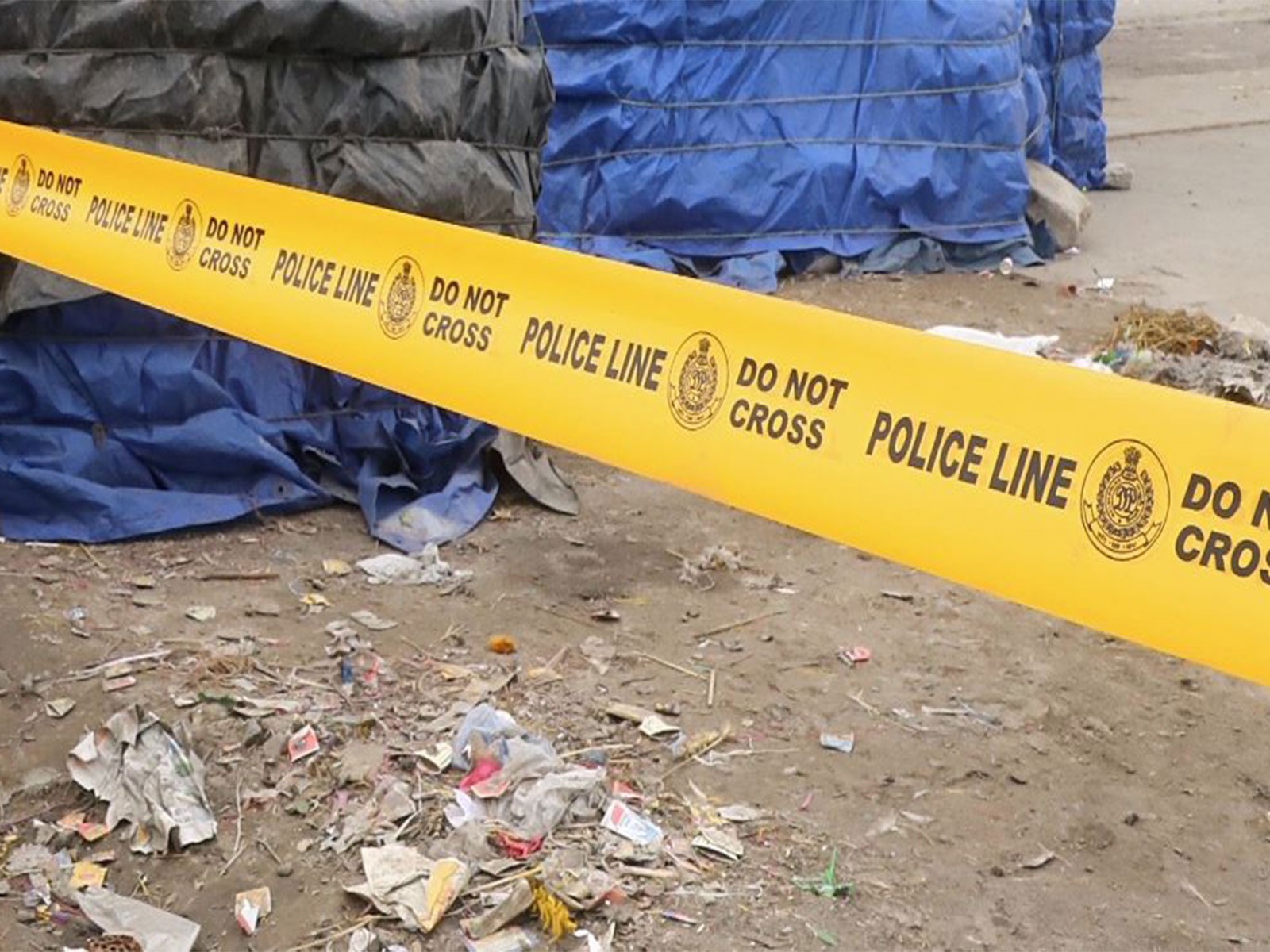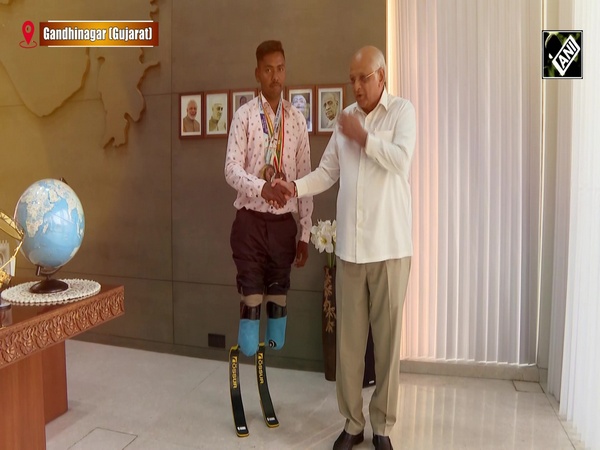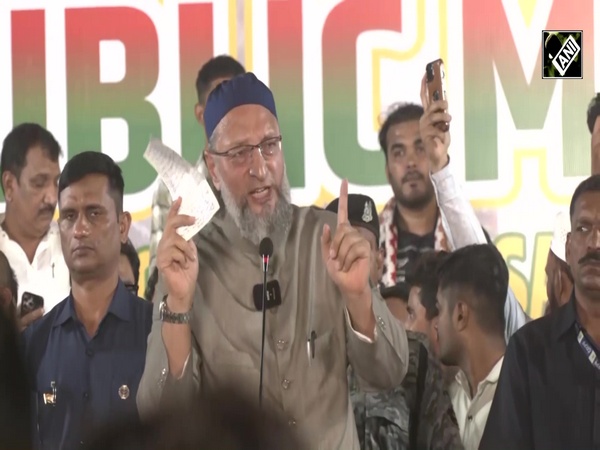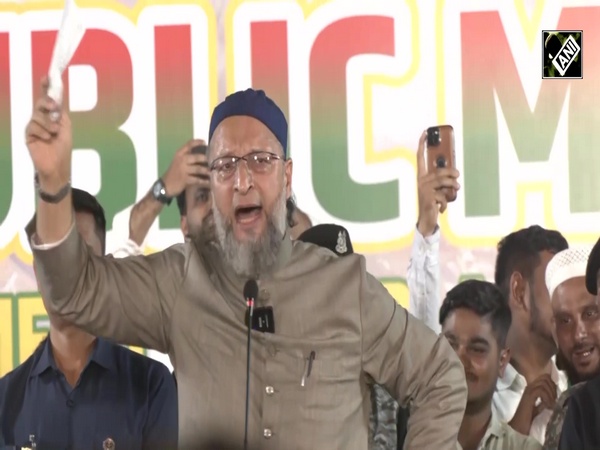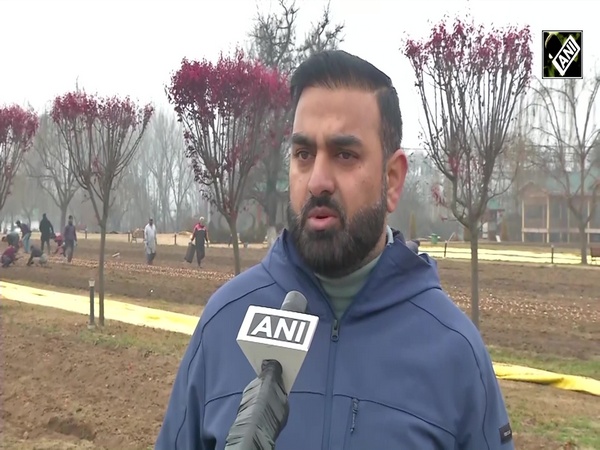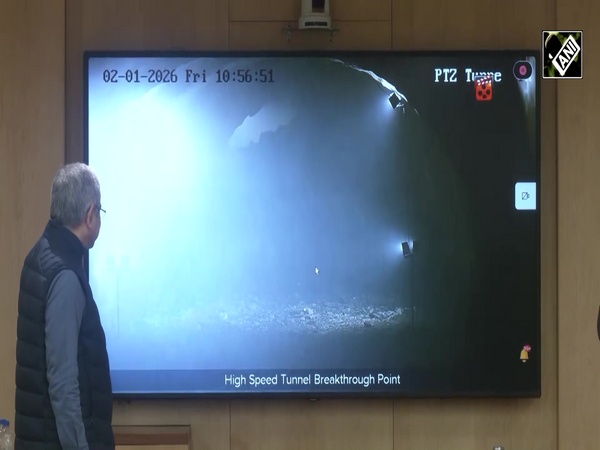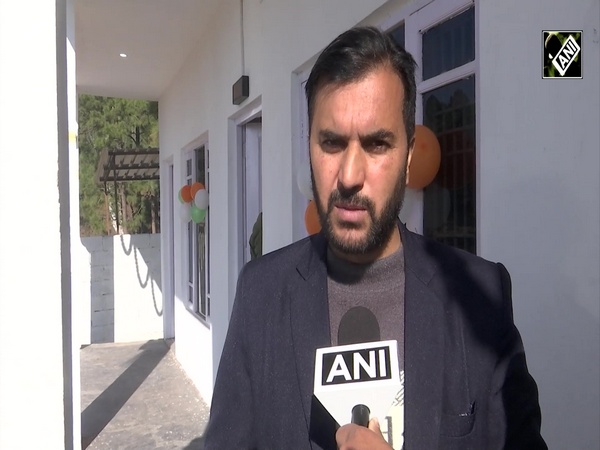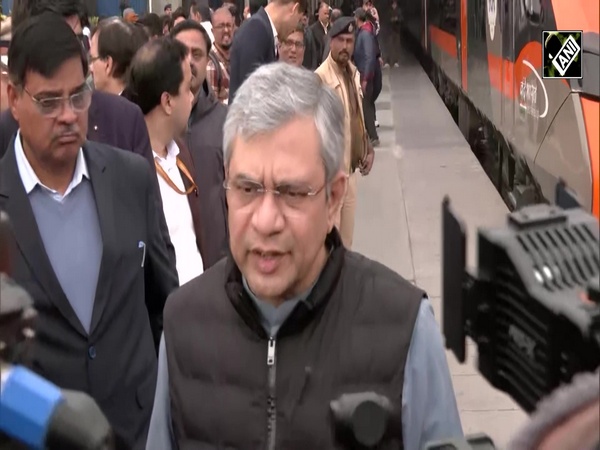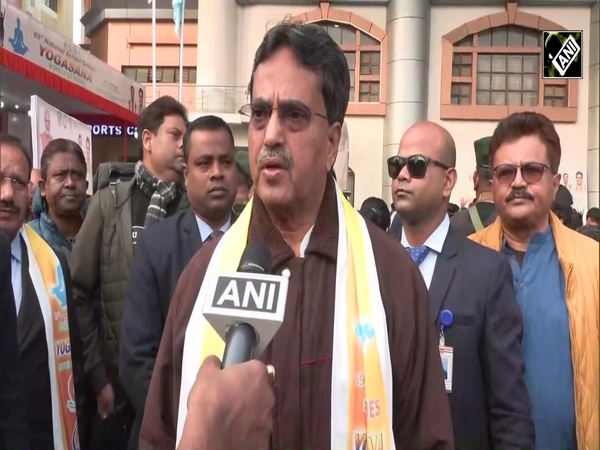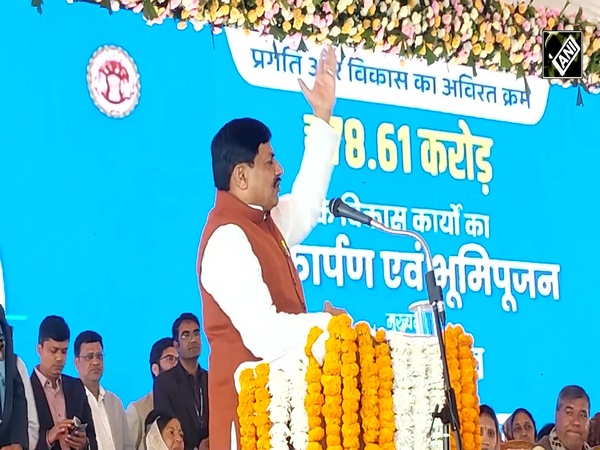Kremlin critics denounce Putin's victory amid allegations of rigging
Mar 21, 2024

Moscow [Russia], March 21 : As the dust settles from Russia's recent presidential election, allegations of widespread vote rigging have ignited a storm of criticism against President Vladimir Putin's victory, Al Jazeera reported.
Mykola, a Ukrainian police officer who fled his village near Mariupol following Russia's invasion in 2022, received shocking news upon his return. Despite his absence, his name appeared on the voter list, with his vote allegedly cast in favour of Putin.
This revelation echoed reports of coercion and falsification documented by independent monitors in both Russia-occupied regions of Ukraine and within Russia itself, according to Al Jazeera.
Accounts of vote rigging hark back to longstanding practices observed in Russian elections. One journalist, recalling the 2012 presidential vote, witnessed busloads of men, some visibly intoxicated, declaring their unwavering support for Putin. This scene, replicated across multiple polling stations, underscores enduring concerns about electoral manipulation within Russia.
Official figures touted by Russia's chief election official, Ella Pamfilova, boasted a massive turnout, with the majority voting for Putin. However, independent analyses challenge the authenticity of these results.
Novaya Gazeta, a respected Russian newspaper, reported staggering numbers of falsified votes for Putin, citing a mathematical model developed by election monitor Sergey Shpilkin, according to Al Jazeera.
Novaya Gazeta's findings suggest a disturbing pattern of vote rigging, marking a new low in Russian presidential elections. Golos, Russia's last independent election monitor, lamented the erosion of constitutional standards, decrying the facade of choice presented to voters.
For outspoken Putin critic Ilya Yashin, the election results underscore the regime's desperation to maintain a semblance of legitimacy. Despite efforts to suppress dissent, Yashin remains defiant, viewing the election as a farcical display of power rather than a genuine expression of public will.
However, beneath the surface lies a more nuanced narrative. Nikolay Mitrokhin of Germany's Bremen University observes a shift in public sentiment towards pro-war sentiments, fueled by relentless propaganda and Ukraine's response to the conflict. Mitrokhin highlights a growing appetite for victory among Russians, buoyed by perceptions of resilience in the face of Western sanctions and military gains on the ground.
The economic impact of sanctions, while significant, has been mitigated by high oil prices and innovative circumventions of trade restrictions. Despite the uncertainty looming over Moscow's economic prosperity, the city has witnessed a consumption boom fueled by newfound access to sanctioned goods and increased military spending.
As Russians grapple with the consequences of their government's actions, dissent simmers beneath the surface. Activists like Konstantin Rubalsky, a Russian national residing in Germany, witness firsthand the tensions sparked by Ukraine's conflict and the response of Russian expatriates, Al Jazeera reported.
